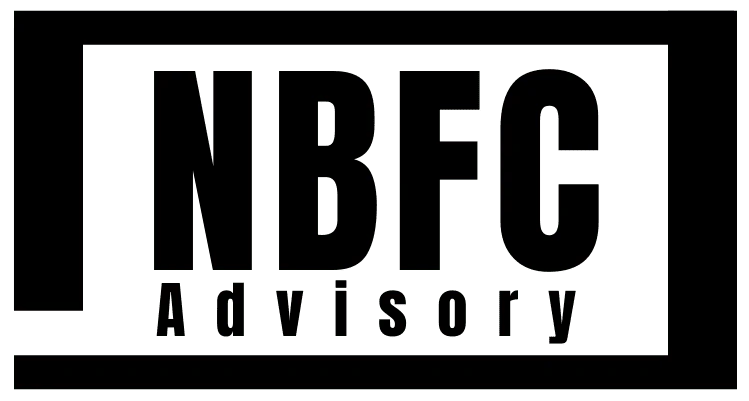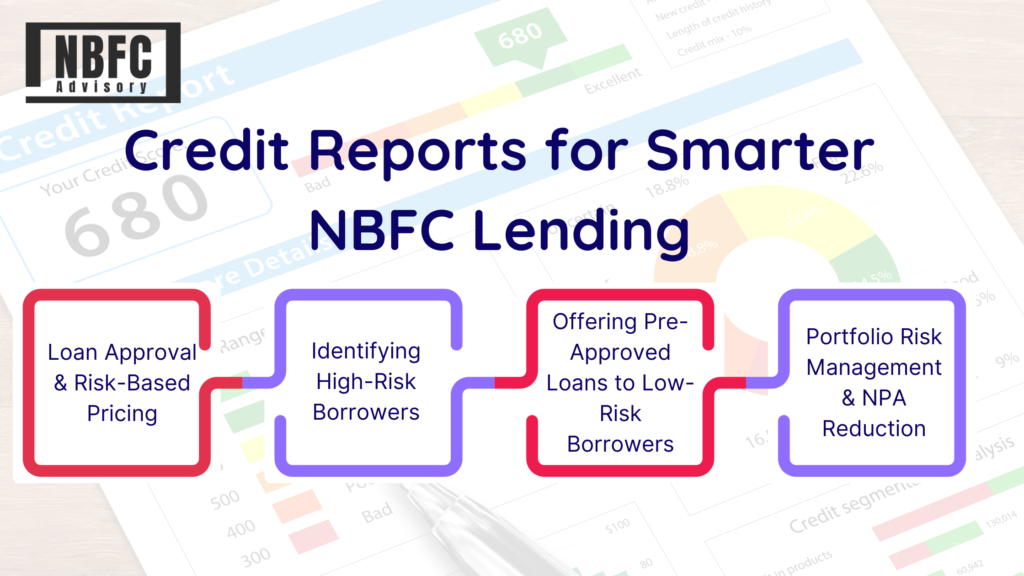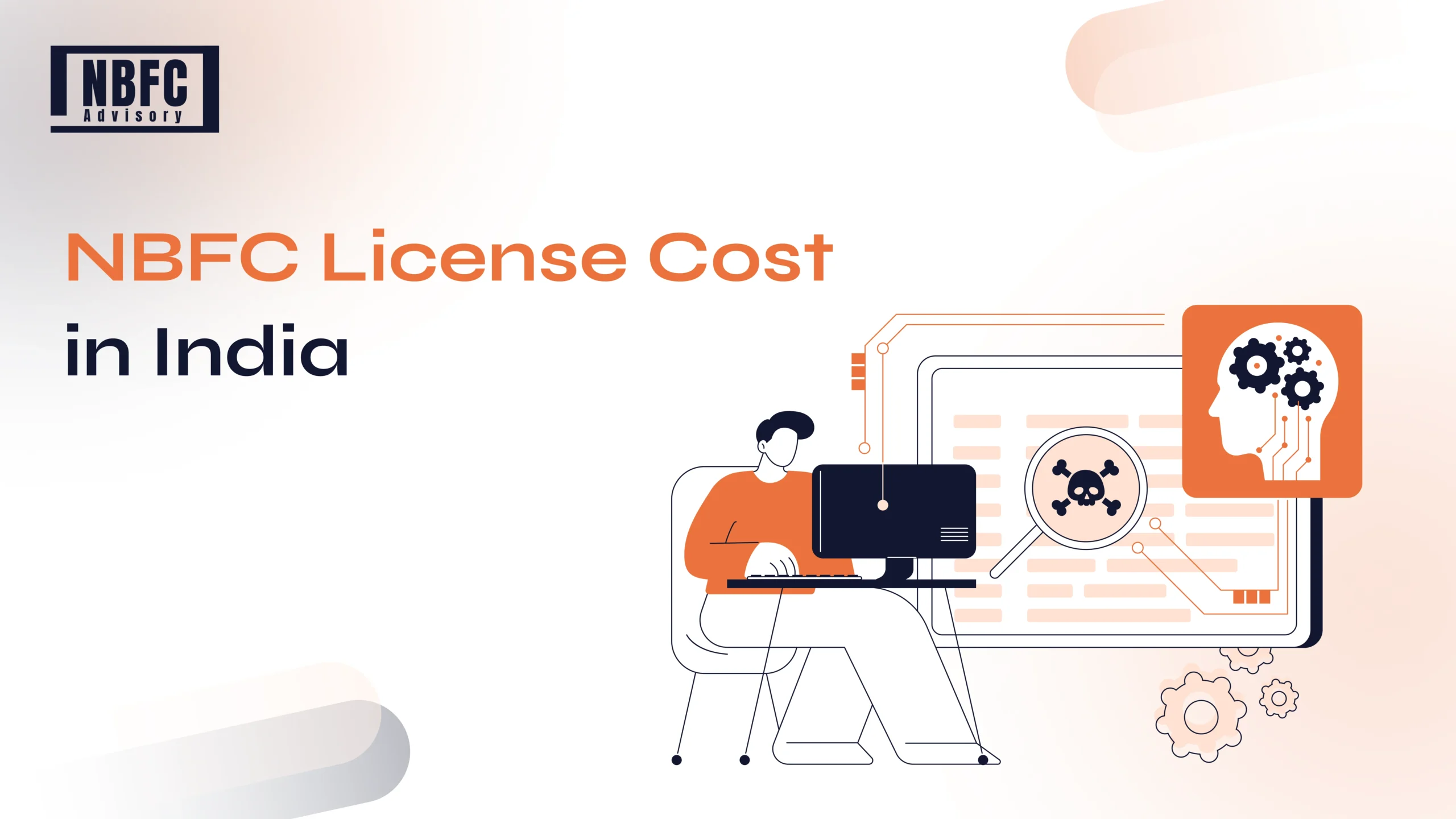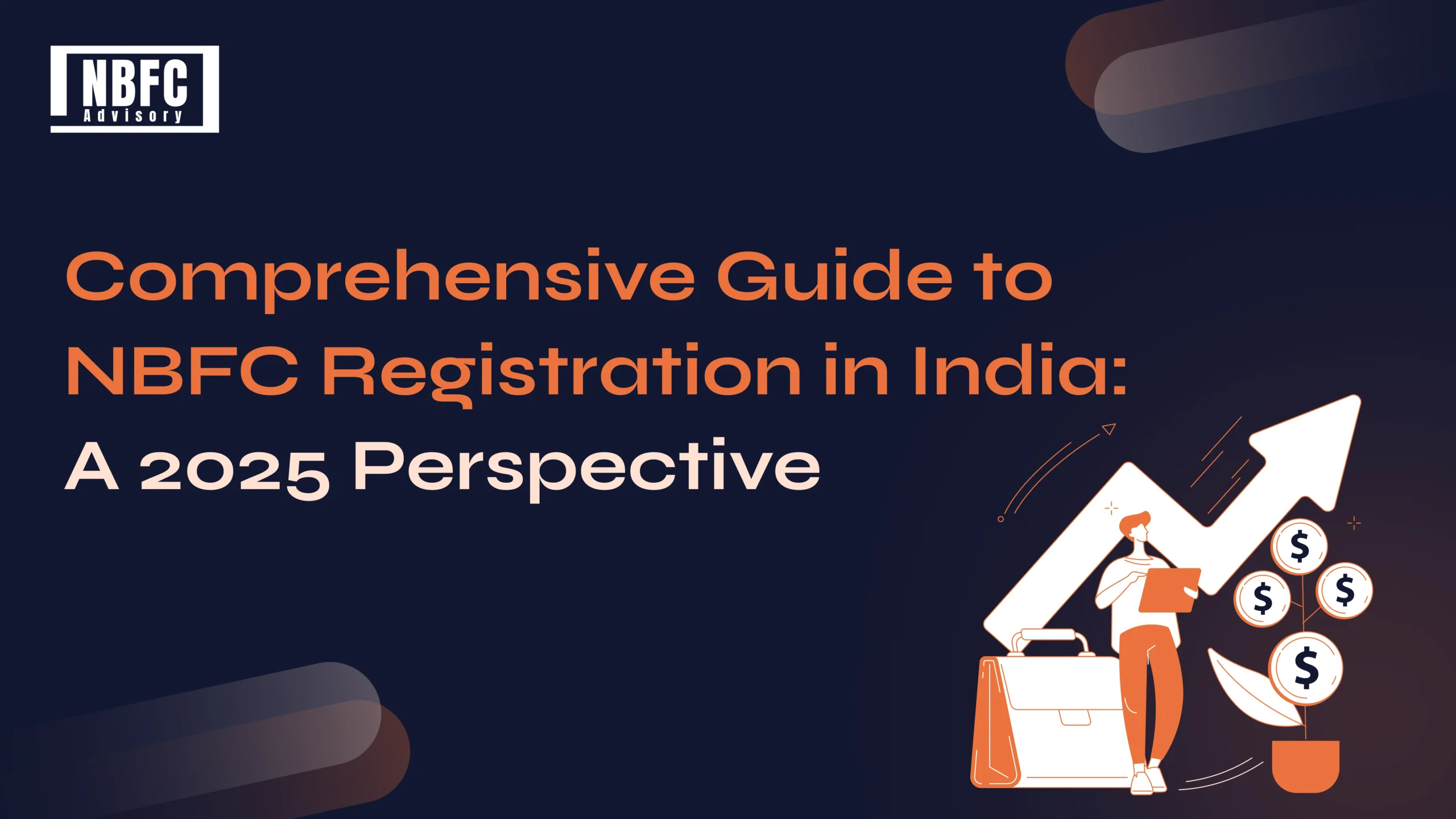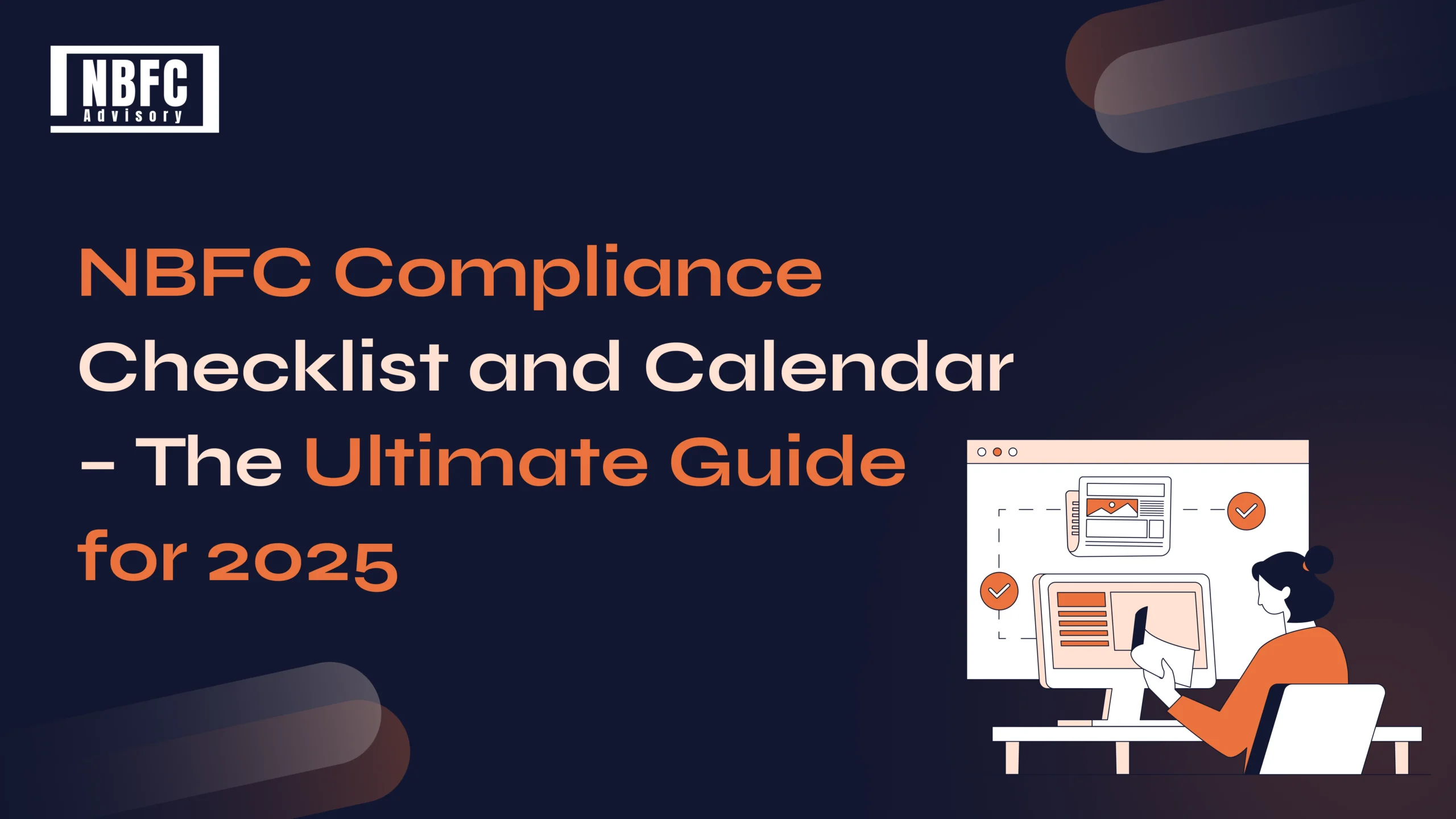Inside This Article
In India’s rapidly evolving financial sector, Non-Banking Financial Companies (NBFCs) play a crucial role in providing loans, credit facilities, and financial services to businesses and individuals. However, with growing regulatory scrutiny, NBFCs must ensure robust credit assessment practices to mitigate risks and comply with Reserve Bank of India (RBI) guidelines.
A fundamental component of NBFC compliance and risk management is understanding credit reports and credit scores. These reports help NBFCs:
- Assess borrower creditworthiness before approving loans.
- Reduce non-performing assets (NPAs) and loan defaults.
- Ensure compliance with RBI’s risk management framework.
In this blog, we will cover:
- What are Credit Reports & Credit Scores?
- How Credit Scores Impact NBFC Lending Decisions?
- RBI Compliance Guidelines for Credit Assessment
- How NBFCs Can Use Credit Reports for Smarter Lending
What is a Credit Report?
A credit report is a detailed record of a borrower’s credit history, including their past loans, repayment behavior, outstanding debts, and credit inquiries. It is maintained by Credit Information Companies (CICs), also known as credit bureaus.
What Information is Included in a Credit Report?
- Personal Details – Name, PAN/Aadhaar, Contact Information
- Credit Score – A numeric representation of creditworthiness (ranges from 300-900)
- Loan & Credit History – Past loans, credit cards, repayment trends
- Defaults & Late Payments – Any missed or delayed payments
- Credit Utilization Ratio – How much credit is used vs. available
- Hard Inquiries – Lenders checking a borrower’s credit score
- Loan Settlements & Write-offs – Past issues with unpaid loans
What is a Credit Score?
A credit score is a three-digit numerical rating (300-900) assigned to individuals based on their credit behavior. Higher scores indicate better creditworthiness, while lower scores indicate higher risk.
How is a Credit Score Calculated?
- Payment History (35%) – Timely repayments increase scores, late payments decrease them.
- Credit Utilization (30%) – Using less than 30% of available credit improves scores.
- Credit Age (15%) – Longer credit history = better score.
- Credit Mix (10%) – A mix of credit cards, personal loans, and secured loans is beneficial.
- New Credit Inquiries (10%) – Too many inquiries lower scores.
What is a Good Credit Score for NBFC Loan Approval?
| Credit Score | Rating | Loan Approval Chances |
| 750-900 | Excellent | Easy loan approvals, low interest rates |
| 700-749 | Good | Likely to get approved with moderate interest |
| 650-699 | Fair | May get approved, but with higher interest |
| 550-649 | Poor | High risk, difficult to get approved |
| Below 550 | Very Poor | Very high risk, loan likely to be rejected |
NBFCs should focus on lending to individuals with scores above 700 to minimize default risk!
Credit Bureaus in India
In India, four RBI-approved credit bureaus generate credit reports:
- CIBIL (TransUnion CIBIL) – The most widely used credit bureau.
- Experian India – Known for detailed fraud prevention analysis.
- Equifax India – Offers customized risk assessment models.
- CRIF Highmark – Specializes in MSME & SME credit data.
NBFCs should integrate with these bureaus to access real-time credit scores for accurate decision-making.
RBI Guidelines for Credit Score-Based Lending
- Mandatory Credit Checks: All NBFCs must check credit reports before granting loans.
- Risk-Based Pricing: Interest rates must align with borrower creditworthiness.
- Non-Performing Asset (NPA) Monitoring: NBFCs must flag risky loans proactively.
- Reporting to Credit Bureaus: NBFCs must report all loan defaults, settlements, and overdue accounts to CICs.
- Fair Practices Code Compliance: Borrowers must be informed about loan terms, fees, and credit score impact.
Failing to comply with RBI’s credit assessment norms can result in penalties & operational restrictions!
How NBFCs Can Use Credit Reports for Smarter Lending
Loan Approval & Risk-Based Pricing
- Approve loans for customers with high credit scores (750+).
- Charge higher interest rates for low credit scores to offset risks.
- Set customized repayment terms based on risk profile.
Identifying High-Risk Borrowers
- Red Flags in a Credit Report
- Frequent late payments or defaults.
- High credit utilization (above 50%).
- Multiple recent loan inquiries (credit hunger).
- Past loan write-offs or settlements.
NBFCs should reject or carefully assess applicants with high-risk flags.
Offering Pre-Approved Loans to Low-Risk Borrowers
Customers with excellent credit scores (750-900) can get:
- Instant approvals with minimal documentation
- Lower interest rates & longer repayment terms
- Pre-approved offers for top-up loans & credit cards
Portfolio Risk Management & NPA Reduction
NBFCs should continuously monitor borrower credit scores to:
- Identify early warning signs of defaults.
- Offer restructuring options for at-risk borrowers.
- Proactively report delinquent accounts to credit bureaus.
The Future of Credit Scoring in NBFC Lending
Emerging Trends:
- AI-based Alternative Credit Scoring – Using social media, bank transactions & behavioral data.
- Open Banking Integration – Real-time financial data sharing between banks & fintech lenders.
- Blockchain-Based Credit Reporting – Enhancing security & transparency in credit assessments.
NBFCs that adopt these innovations will gain a competitive edge in the lending market!
How to Stay Compliant & Optimize Credit-Based Lending?
- Integrate with Credit Bureaus – Automate credit score checks via APIs.
- Implement AI-Driven Risk Models – Analyze borrower patterns for better lending decisions.
- Monitor Portfolio Risks – Track borrower credit scores continuously.
- Comply with RBI Guidelines – Ensure fair lending practices and regulatory adherence.
Final Thoughts
Understanding credit reports and credit scores is crucial for NBFC compliance and risk management. With RBI tightening regulations, NBFCs must adopt data-driven lending strategies to minimize NPAs and ensure smooth operations.
By leveraging credit bureau partnerships, monitoring borrower behavior, and adhering to RBI guidelines, NBFCs can:
- Improve loan approval accuracy & reduce defaults.
- Ensure 100% compliance with RBI credit assessment norms.
- Build a more trustworthy, profitable, and scalable lending business.
Need help with NBFC compliance? Let’s connect! 📞 Schedule a Consultation with Our Compliance Experts!
Stay ahead of RBI regulations & grow your NBFC hassle-free!
📞 Call Us: +91 93287 18979 | 🌐 Visit: nbfcadvisory.com
